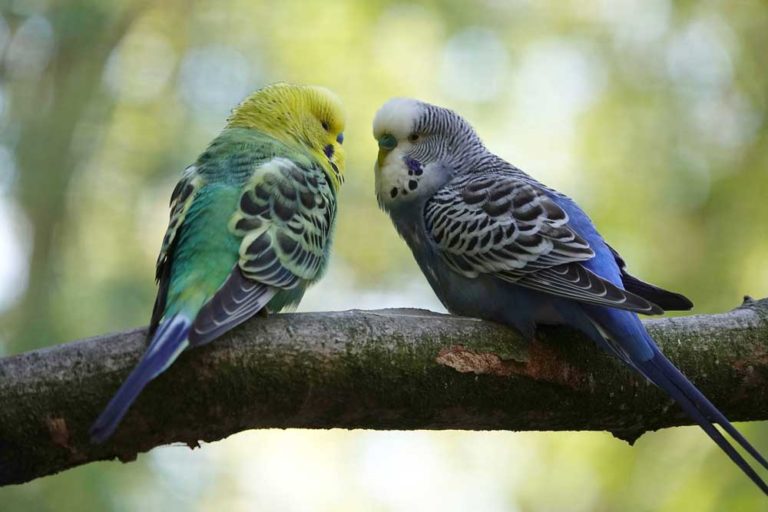Are Macaws Aggressive?
Macaws are quite popular for their charming appearance. These huge birds have bright-colored feathers that add to their beauty. Macaws are smart, playful, and affectionate that makes them a good choice as pet birds. There are 18 diverse species of Macaw.
The macaws are much-loved for their vivacious and humorous personality. These are the hulks of the parrot kingdom. Yet, the macaws are heroic birds and have a complex nature. They can even become stubborn at times. Due to this, most people often think are macaws aggressive or not.
Are macaws aggressive?
Macaws are not aggressive by birth. These birds are tenacious and can become aggressive if they are not brought up well. Macaws are sociable birds hence keeping them in isolation can make them hostile. All the macaw species have their own nature and personality. Some will be gentle whereas some would have a temper.
Why macaws become aggressive at times?
Macaws come in large size and their vocal volume is also louder than other birds. Besides, they have a huge beak. Such features can be intimidating for people that not familiar with the bigger birds. The macaws might bluff or try to intimidate which is a part of their playful nature. Most of them do it to get the attention of their owners.
Furthermore, it is very important to train your macaw. The temper of these birds would depend upon their upbringing also. If you yell at them, they will also give back the same reaction. Also, ignorance by the owners can even make these birds aggressive. If you raise macaws in the best possible ways, then they can become the most lovable companions.
How to sense the violent behavior of a macaw?
If your macaw is going through hard times in his life, then he might exhibit aggression. This would not happen overnight. Your macaw’s behavior and body language would become unusual. The following are the signs that would help you in sensing when your bird is going to become hostile.
- Open beak and the neck spreading towards the owner
- Raising the feathers to make them appear bigger and more intimidating
- Fanning of the tail or pinning of the eyes
- Stretching or flapping of the wings
- Hissing or squealing in an unusual manner
What are the main reasons that can make a macaw aggressive?
The macaws are gregarious birds. Some of them might show aggression out of emotional imbalances also. If the atmosphere at home is chaotic, then these birds might display hostile behavior. Yet, there are certain factors due to which macaws can become aggressive. The following are the prime ones:
Hormonal Changes
It is quite normal for some birds to become aggressive during their adolescence. In such a stage of life, hormonal changes take place in the body. Due to this, the birds might experience mood swings also. Once they pass their adolescence, they become even-tempered.
Possessiveness
Some macaws are possessive and often get jealous on seeing their owners with other people or pet. Besides, if you do not give much attention or neglect your macaw, then he can get violent. This will be his way of seeking attention from you.
Lack of activity
Macaws are very playful birds and do not like to stay idle for long. They are intelligent bird species and need stimulation also. Due to lack of bustle, your macaw will experience boredom. As a result of this, he might indulge in hostile behavior out of frustration.
Distressing Past
If your macaw has met with any traumatic incident in the past, then it is obvious for him to become anxious at times. Birds that go through disturbing treatments by their previous owners can turn hostile. This happens most with the abandoned birds.
Lack of Socialization
Macaws relish human interaction. They can become dull, gloomy, and hostile on staying alone for long. It also makes the macaws unfamiliar with the presence of other people or pets around them. As a result of this, your macaw might get aggressive on seeing them.
Anxiety or Fear
If the macaw is anxious or fearful, then he might lash out in a hostile manner. Nasty noises or adverse weather conditions can scare your bird. In such cases, macaws might even display biting behavior due to fear or anxiety.
Dominance over territory
Like most other pets, macaws are also particular about their territory. They tend to establish dominance if there is the presence of other birds or pets in the house. To protect their territory or cage, they can get violent.
How to curb the aggressive behavior of the macaws?
It is possible to keep your macaw joyful by fulfilling his emotional and physical needs. They are high-maintenance birds and need more care. You can ease down the aggression of your macaw with the help of the following measures.
- Keep the things composed at home. Those birds that live in a peaceful environment stay gentler.
- Macaws are energetic and playful birds. So if you have one, then give him much space to roam in the house.
- Never force contact with your bird. Give him some space and let him come to you.
- Give obedience training to your macaw. You can either do it by yourself at home or hire a professional trainer for the same.
- Spend quality time with your macaw and play with him also. Give him oodles of affection and attention to keep him happy.
- Make your macaw socialize with the people and pets from a very young age. Interactive macaws are less prone to becoming hostile.
- Do not yell or get aggressive with your bird as he might exhibit more anger as a form of reflex action.
Wrap Up
Macaws could be one of the best pals that a bird lover could ever get. These birds are full of life. Though they are a bit complex to look after; raising them with love can turn them into the most affable birds.
Also, it is very important to build a strong bond of companionship with your macaw. It would give him a sense of security and comfort, thereby making him more serene.

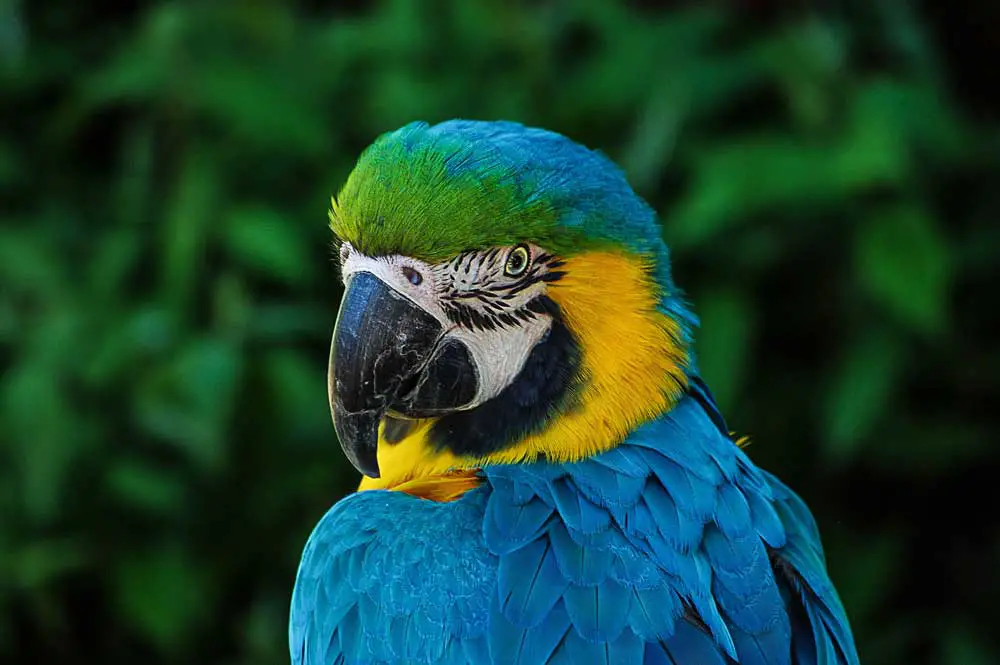
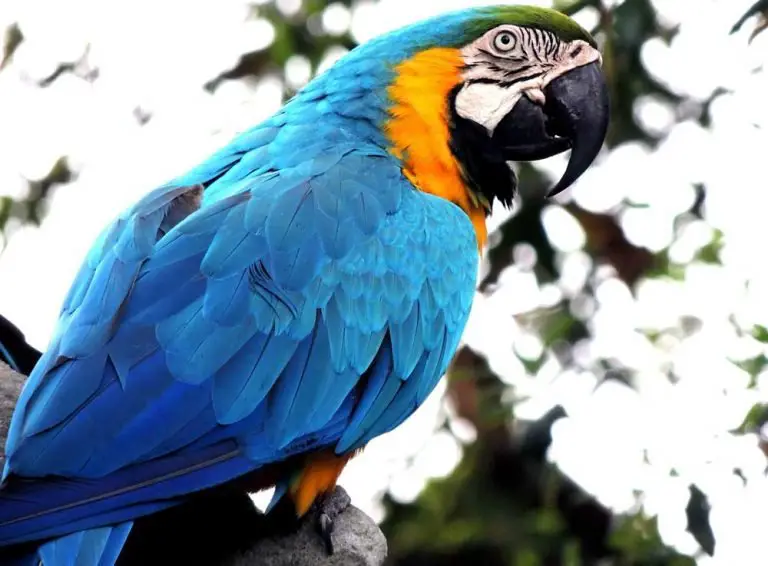
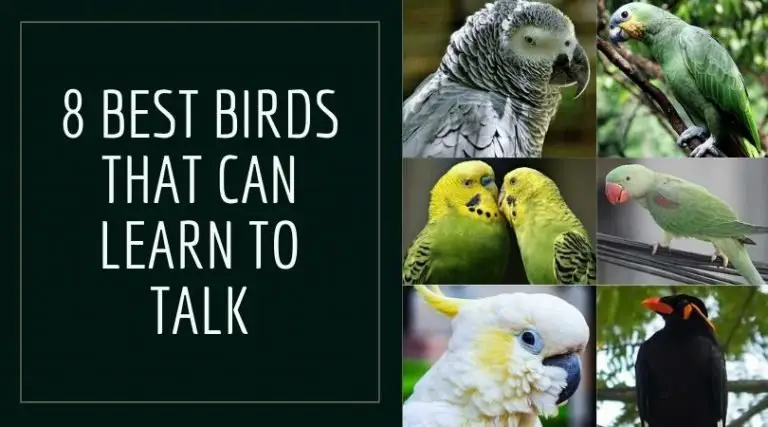
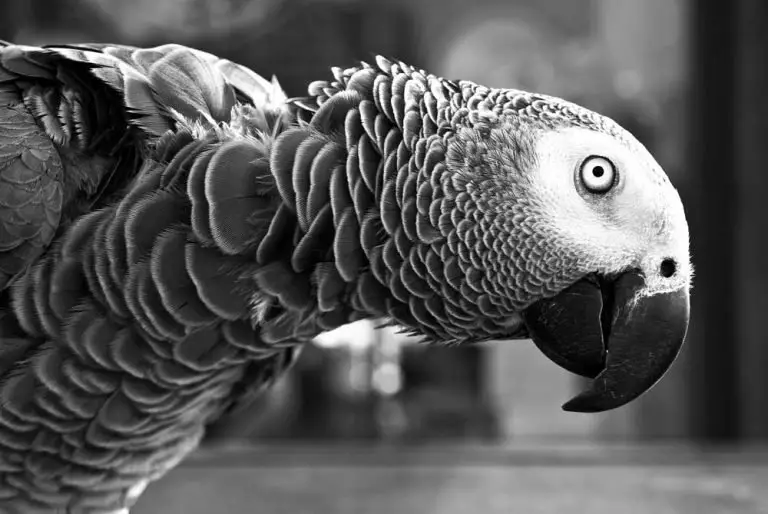
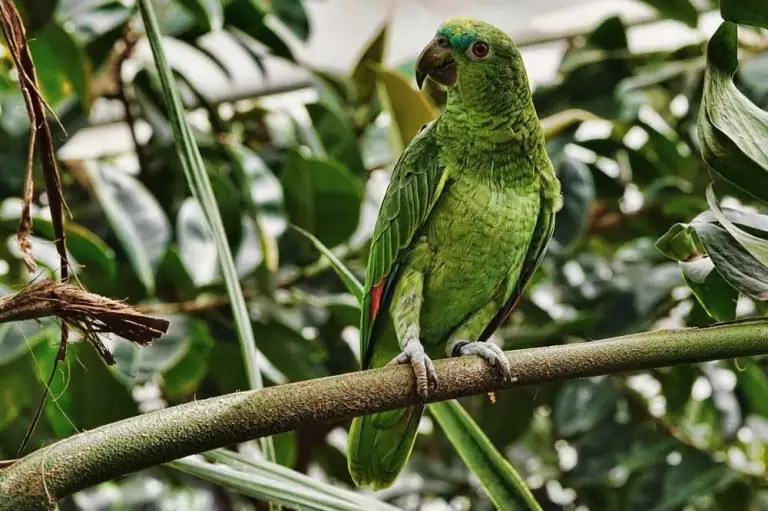
![Can Parrots Eat Bananas? [Feeding Guide!]](https://atractivopets.com/wp-content/uploads/2020/11/Parrots-Eat-Bananas-768x538.jpg)
